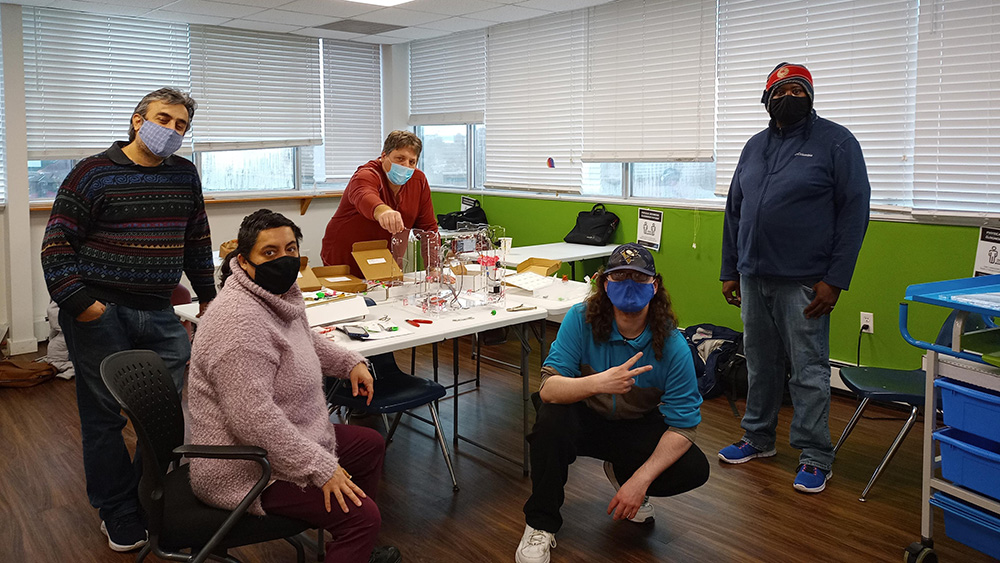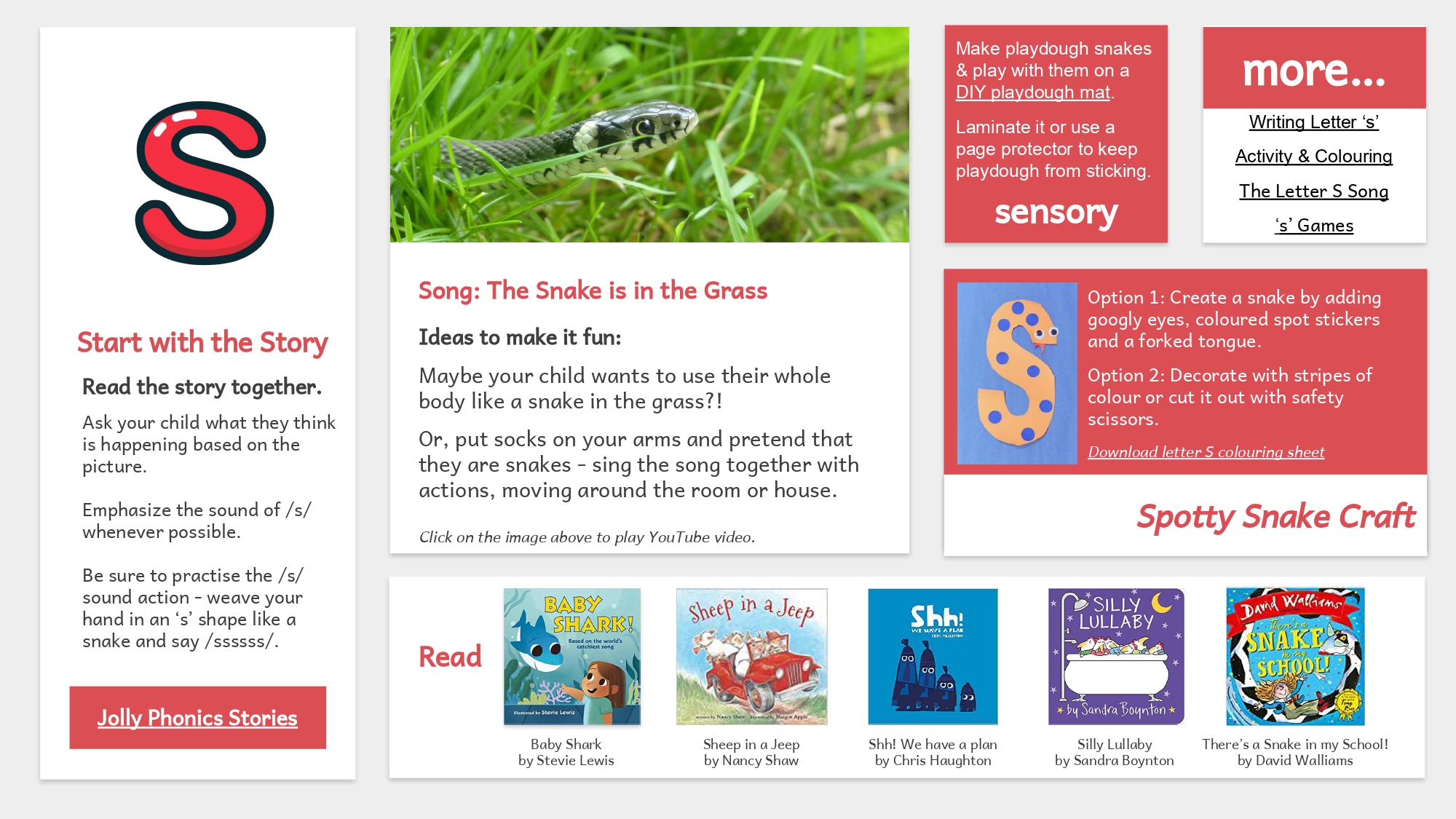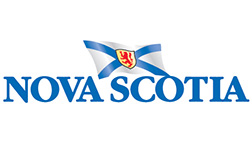Hat’s Off to Our Volunteer Tutors!
We tip our hats as a sign of recognition and appreciation for the wonderful team of volunteers we have at Dartmouth Learning Network. Words cannot express how much we appreciate the extraordinary work you do; your selfless acts of kindness we witness daily; the fun and laughter you bring to our environment; and your seemingly endless energy! We feel truly blessed to have such a dedicated group of volunteers share their time and talents with us. A thousand thank yous for your continued support!

















